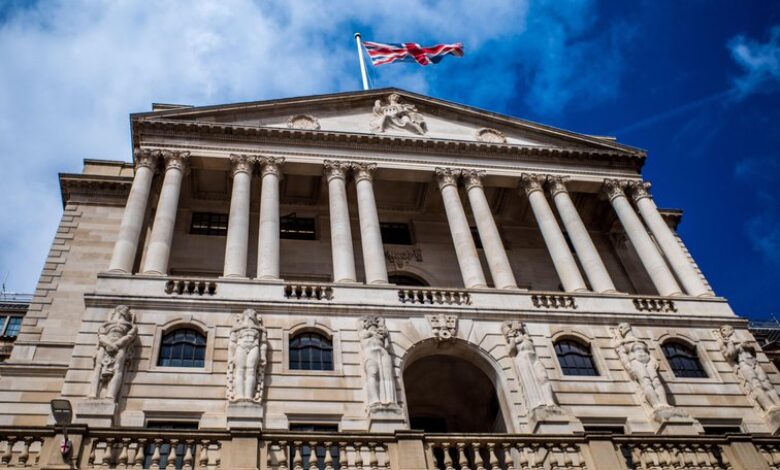BoE Unveils Stablecoin Roadmap to Rein In Digital Pound Tokens, Final Framework Coming 2026

The Bank of England (BoE) has taken a major step toward regulating stablecoins, unveiling a detailed consultation paper that outlines how it plans to oversee digital assets pegged to the British pound.
The central bank is seeking feedback on its proposed framework until February 10, 2026, with final rules set to be released in the second half of that year.
A Framework for “Systemic” Stablecoins
The BoE’s proposal focuses on sterling-denominated stablecoins that could play a large role in retail or cross-border payments — so-called “systemic” stablecoins. Under the draft rules, issuers would need to back at least 40% of their liabilities with deposits held at the BoE, while up to 60% could be held in short-term UK government securities.
To limit potential risks, the central bank also suggests capping individual holdings at £20,000 per token for consumers and £10 million for businesses, with some flexibility for companies that require higher balances for daily operations.
Managing Scale and Stability
The BoE proposes that systemically important issuers could initially hold up to 95% of their reserves in government debt as they scale, gradually reducing that proportion to 60% once they reach maturity. The approach aims to balance innovation with financial stability.
“The percentage would be reduced once the stablecoin’s systemic importance grows, ensuring risks are contained without undermining the issuer’s viability,” the paper notes.
Who Decides What’s ‘Systemic’?
The UK Treasury will determine which payment systems and service providers qualify as “systemically important.” Once designated, these entities would come under the BoE’s direct supervision and have to comply with the forthcoming regulatory standards.
The framework does not apply to non-GBP stablecoins, such as Tether’s USDT or Circle’s USDC. Instead, the BoE said it will work with foreign regulators to assess how non-sterling stablecoins might impact the UK market if their usage grows significantly.
Concerns Over Self-Custody and Public Blockchains
Beyond financial backing, the BoE flagged potential risks tied to self-custodial wallets and public permissionless blockchains, citing accountability and operational resilience concerns. The bank reiterated its stance that such systems currently “lack a clear locus of responsibility,” complicating settlement and enforcement processes.
It also plans to monitor how interest-bearing stablecoins could interact with monetary policy, emphasizing that any such models would require careful scrutiny.
As the UK positions itself to lead in digital finance regulation, the BoE’s consultation marks a pivotal moment for the stablecoin industry. While final rules are still nearly two years away, the direction is clear: London wants to encourage innovation — but not at the expense of financial stability.





